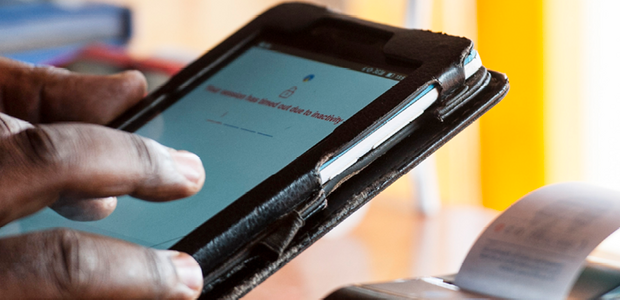COLMOD training
From 22–26 July 2024, UNU-WIDER hosts a training on COLMOD. The purpose of the course is to provide an overview of managing of Encuestas a Hogares survey data using Stata and analyzing the distributional and budgetary effects of tax and benefit policies in Colombia using the COLMOD model. NOTE: the training will be delivered in Spanish.
Tax-benefit microsimulation models—which combine representative household-level data on incomes and expenditures and detailed coding of tax and benefit legislation—have proven to be an extremely useful tool for policymakers and researchers. The models apply user-defined tax and benefit policy rules to microdata on individuals and households and calculate the effects of these rules on household income. The effects of different policy scenarios on poverty, inequality, and government revenues can be analyzed and compared.
With COLMOD, users can simulate reforms of the Colombian tax and benefit system. They can estimate, for example, the number of beneficiaries and analyze the characteristics of the prospective recipients of a hypothetical benefit. COLMOD also allows users to implement hypothetical income tax and social security reforms and calculate their effects on inequality and the government budget. Existing policies or past policy reforms can be evaluated as well.
This event is part of the SOUTHMOD - simulating tax and benefit policies for development project. SOUTHMOD project is part of UNU-WIDER's research and capacity building programme on domestic revenue mobilization (DRM), funded by the Norwegian Agency for Development Co-operation (Norad).
 Join the network
Join the network
